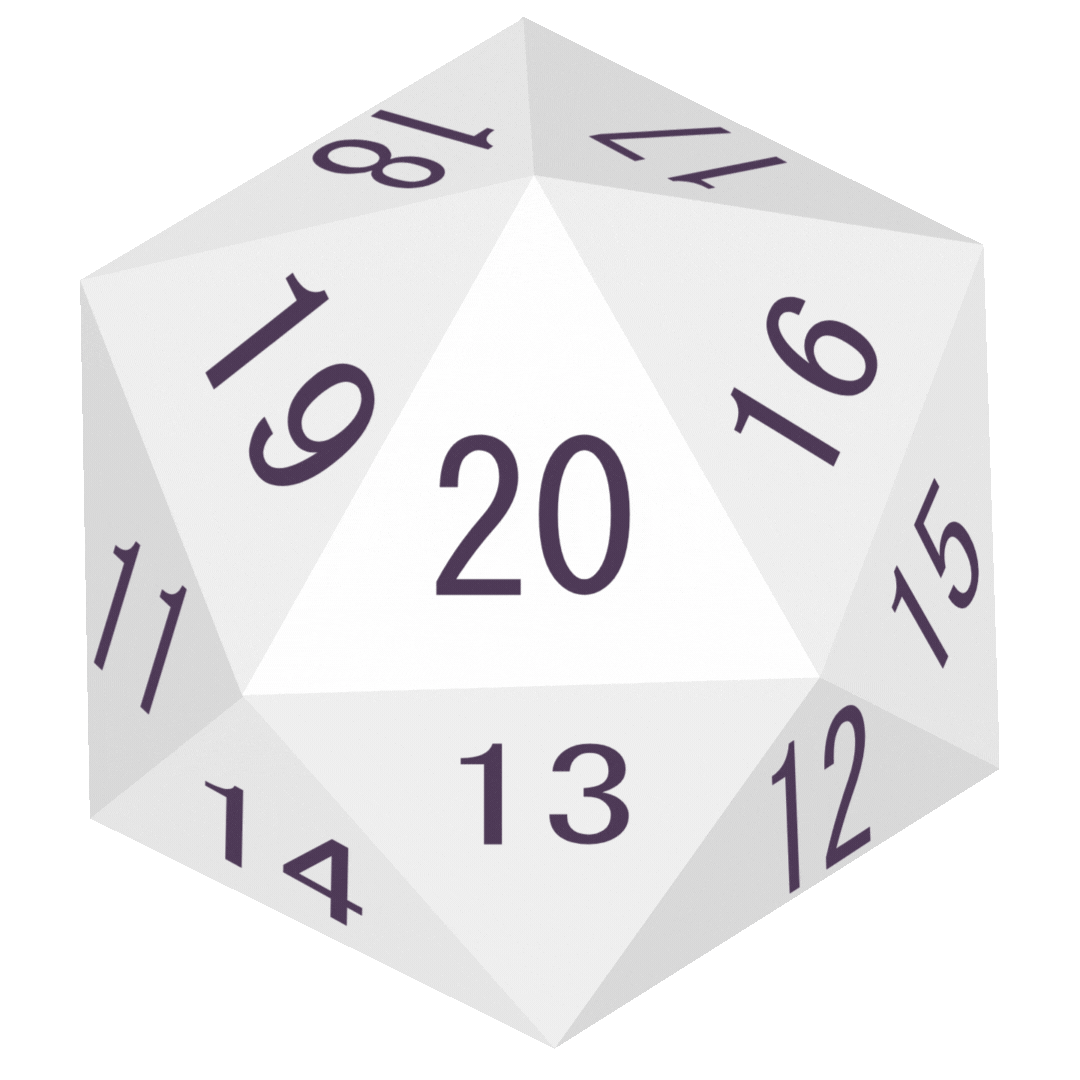Community Connections – Inclusion and Belonging in Recovery
- Ben Turner
- May 30
- 3 min read
Recovery shouldn’t happen in a vacuum. Being part of a community – feeling included, valued, and connected with others – is a huge factor in mental health and wellbeing. Here in Western Australia, we’re lucky to have a vibrant community, and at ROS we encourage participants to tap into it in ways that feel comfortable. Community inclusion is all about making sure you have access to social networks, activities, and roles that give you a sense of belonging. 🤝💙
Why is community inclusion important? Because isolation can be harmful. Humans naturally seek connection. When we’re isolated due to mental health struggles (which is common – symptoms like anxiety or depression can make socialising hard), it can worsen those struggles. On the flip side, even a little social interaction – a friendly chat at a local café, a hobby group, a volunteer gig – can boost mood, self-esteem, and provide support. It’s also a pillar of recovery: having meaningful roles (like being a club member, a friend, an employee, a volunteer) helps restore identity and purpose beyond the “patient” label.
How do we foster inclusion at ROS? A few ways:
● Community Activities: We keep an eye on local events, workshops, or clubs that might interest our participants. Whether it’s a community gardening project, a casual walking group at Kings Park, or a board game night at the library, we can help connect you. Trying new activities can be intimidating, so we can arrange for a support worker or coach to attend with you the first time if that helps.
● Group Programs: As mentioned in our group sessions post, ROS itself runs some groups (like peer support or Fun with Dice) which become little communities in their own right. Joining those can be a stepping stone to broader community engagement.
● Volunteering and Vocational Support: For some, giving back through volunteering is a fantastic way to feel part of the community. We can assist in finding volunteer roles that suit your interests – maybe at an animal shelter, op shop, or community center. Not only do you contribute, but you also meet people and gain routine. Similarly, if you’re aiming for employment or study, that’s a form of community inclusion too. We’ll cheer you on and help link with disability-friendly employers or courses. (Fun fact: the NDIS now even recognizes the importance of employment – there are new support items for recovery coaches to assist with finding and keeping a job!).
● Cultural and Identity Communities: Inclusion isn’t one-size-fits-all. You might feel most at home in a community of people who share your cultural background, language, or interests. Let’s say you’re an Aboriginal participant wanting to connect with culture for healing – we respect and support that, perhaps linking you with local Indigenous-led programs. Or if you’re a young adult into anime, maybe an anime club is your community! Your tribe is out there, and we’ll help you find it.
We also stay mindful of accessibility and stigma. Unfortunately, stigma can make it hard for people with psychosocial disabilities to engage. ROS is here to advocate and educate when needed – for instance, talking to a community center about mental health inclusion or ensuring events are accessible (like quiet spaces in a bustling fair for those who get overwhelmed). The NDIS Quality and Safeguards Commission emphasises that providers should support community participation in ways that uphold dignity and rights – we take that seriously.
Ultimately, our goal is for you to feel connected. Whether it’s one friend you trust, a weekly group where people know your name, or a broader community role, those connections are golden. They remind you that you’re part of something bigger, that others care about you, and that you have contributions to make. Because you absolutely do. 💫
If you’re feeling isolated or unsure how to start connecting, let’s brainstorm together. Sometimes it starts with a simple question: What’s something you enjoy or care about? – and from there, we find a local community around that interest. Step by step, you can build your social world. Remember, you’re not alone – your community is waiting to welcome you.





Comments